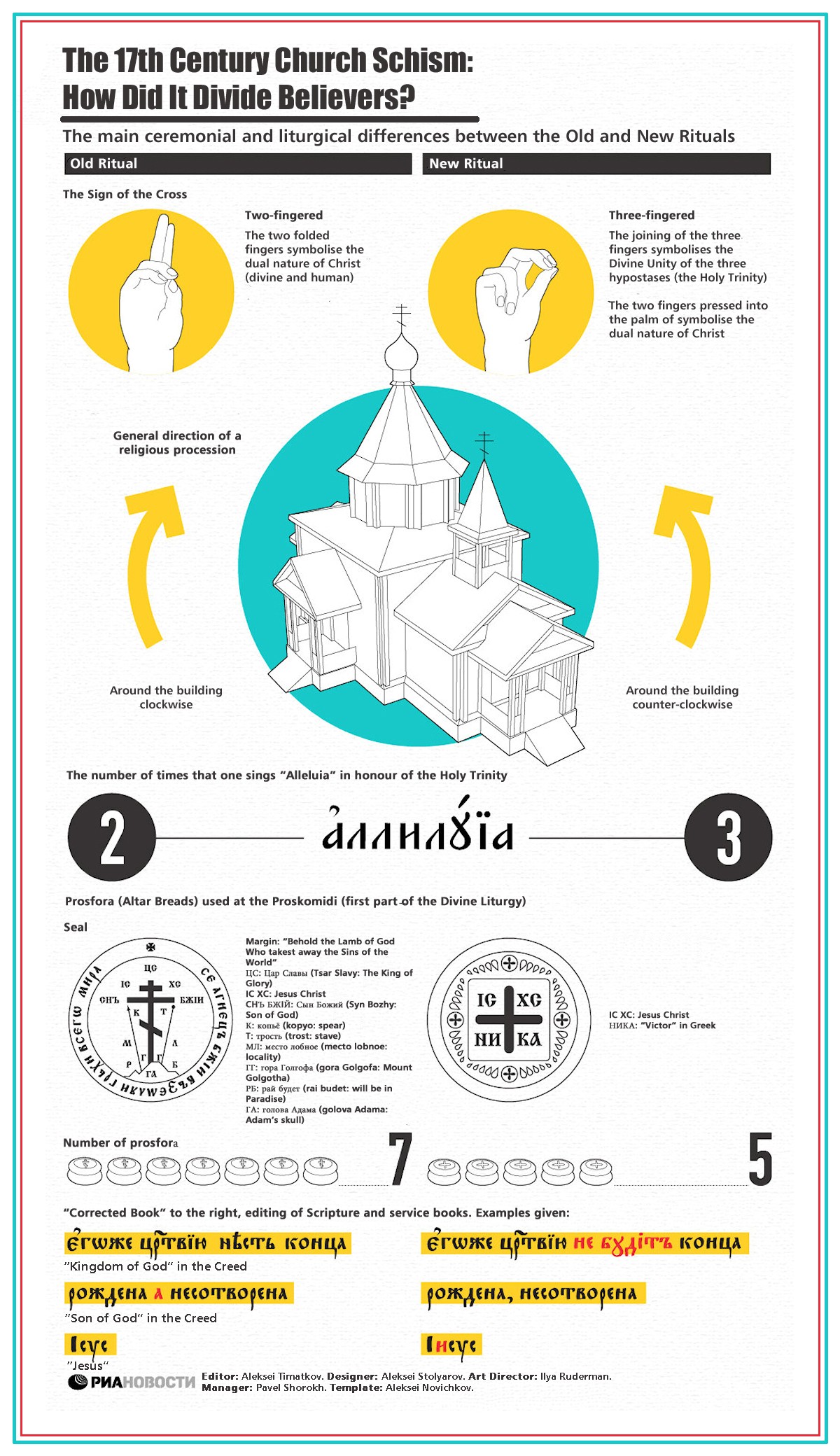Discover The Intriguing Growth Of Catholic Colleges And Their Considerable Impact On Education And Learning-- Might Their Customs Be The Solution To Future Discovering?
Discover The Intriguing Growth Of Catholic Colleges And Their Considerable Impact On Education And Learning-- Might Their Customs Be The Solution To Future Discovering?
Blog Article
Short Article By-copyright Howe
When you take into consideration the history of education and learning, Catholic colleges stand apart for their ingrained traditions and enduring influence. These institutions started as a way to infuse belief and values, however they have actually adjusted incredibly over centuries. Today, they play a crucial duty in shaping not just academic success however additionally moral integrity. What's interesting is how they've managed to prosper amidst changing cultural landscapes, raising questions about their future importance and influence.
The Beginnings of Catholic Education And Learning: A Historical Viewpoint
Catholic education traces its roots back over 1,500 years, when very early Christian communities acknowledged the demand for structured discovering. You'll find that these areas aimed to pass on their belief and worths via education.
Monasteries and basilica schools became centers of understanding, nurturing both spiritual and intellectual growth. As you dive deeper, you'll see that the educational program often included philosophy, theology, and the liberal arts, made to form well-rounded people.
In time, the Church established a lot more official establishments, making certain that education continued to be obtainable to all. The dedication to training ethical worths and cultivating a sense of area has persisted through the centuries, forming the educational landscape and affecting many lives worldwide.
This enduring legacy continues to influence Catholic education today.
The Advancement of Catholic Schools With Cultural Contexts
As societies progressed, so did the duty of Catholic institutions, adapting to the cultural contexts in which they existed. In the early years, these institutions concentrated primarily on spiritual guideline, but as neighborhoods branched out, they began to incorporate regional languages, custom-mades, and instructional demands.
https://notes.io/wPyRw would certainly see that Catholic colleges typically became centers for social cohesion, fostering a sense of belonging among trainees from different histories. In many regions, they attended to social concerns, such as hardship and discrimination, by supplying available education and learning for all.
As you check out different cultures, you'll see how Catholic schools have actually moved their educational program and mentor approaches, mirroring the worths and obstacles of their atmospheres while remaining true to their foundational objective of belief and scholastic quality.
The Modern Duty and Effect of Catholic Schools in Society
In today's world, Catholic institutions play a vital duty fit not simply the academic landscape, however also the broader community.
You'll find that these organizations stress worths like respect, compassion, and social justice, cultivating well-shaped people that add positively to society. By focusing on scholastic excellence and moral advancement, Catholic colleges prepare students for future difficulties, supporting important reasoning and management abilities.
They frequently serve varied populaces, linking voids in accessibility to high quality education and learning. Additionally, you may discover their commitment to solution, encouraging students to engage in community outreach and volunteer work.
This mix of education and learning and moral advice makes Catholic colleges a substantial force, growing responsible citizens who can affect their areas for the better.
Verdict
In conclusion, Catholic institutions have a rich background that's formed their long-lasting effect on culture. You've seen just how they've adjusted to various cultural contexts while preserving a dedication to confidence, values, and scholastic quality. https://www.nytimes.com/article/electors-vote.html , they continue to play an essential duty in cultivating area, promoting social justice, and nurturing responsible people. As you assess their heritage, it's clear that Catholic schools remain a powerful force for positive adjustment worldwide.
